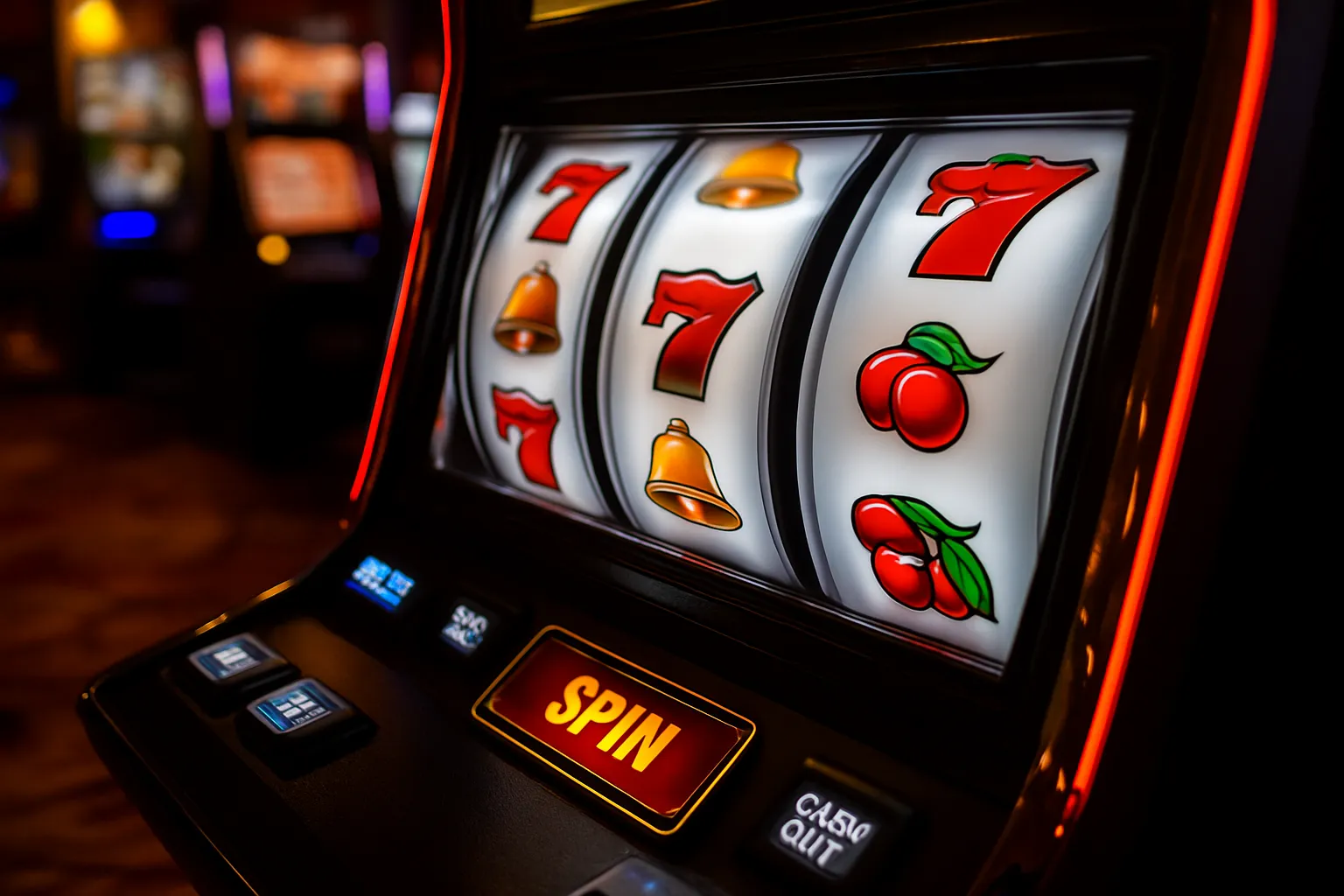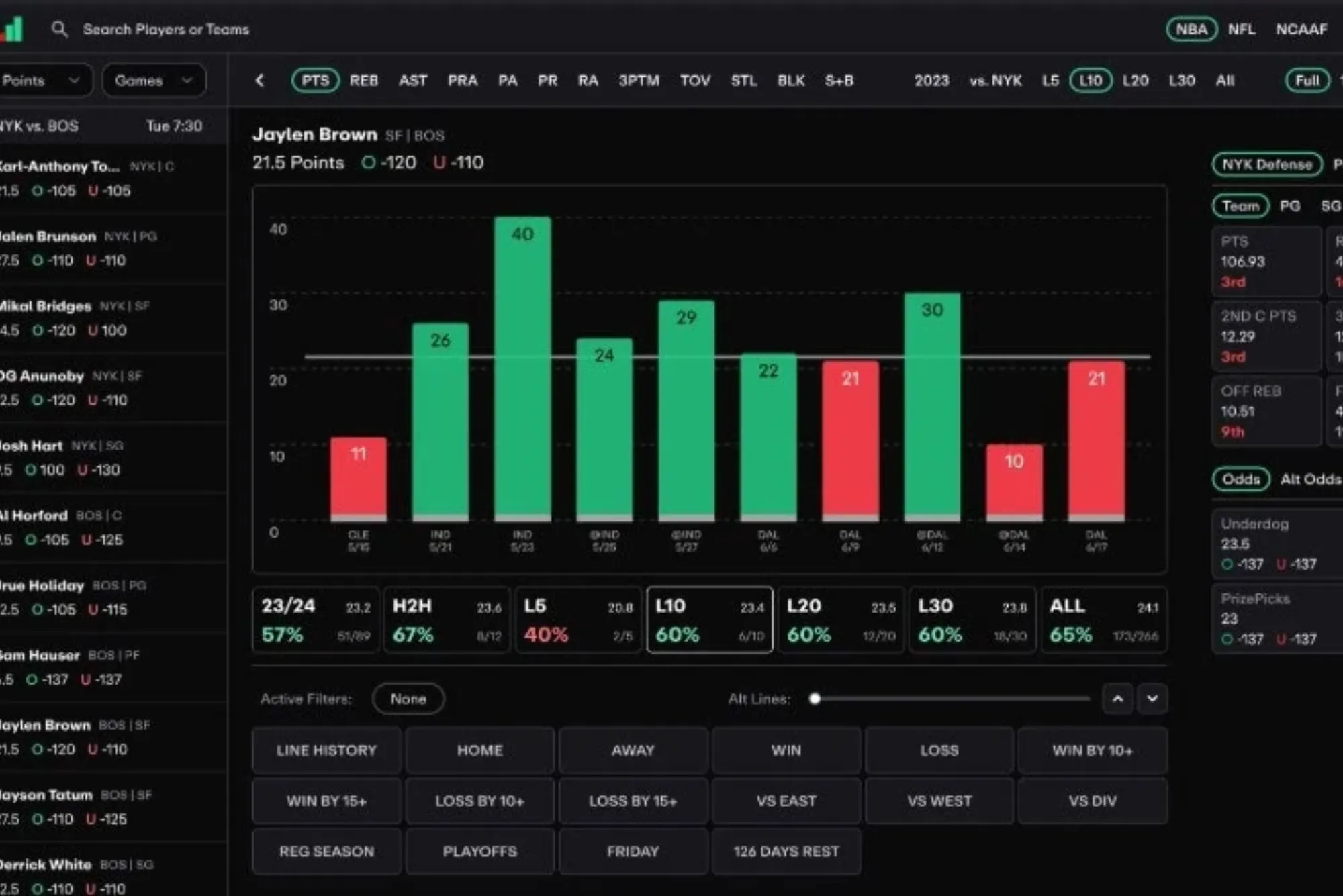If you’ve ever sat at a slot machine, you’ve probably experienced the frustration of watching your balance slowly drain away during a losing streak. Then, suddenly, the reels hit a big win, almost as if the machine “owed” you a payout. Many players swear by the idea that slots tend to reward patience after extended dry spells. But is this really how it works, or is it just our brains trying to make sense of randomness?
As someone who has spent a lot of time studying casino games and writing about the psychology of gambling, I can tell you this: while there is some truth to patterns you may notice, it’s not as simple as the machine “knowing” you’re due for a win. Let’s break it down.
The Illusion of Patterns in Randomness
Slot machines are powered by RNGs (Random Number Generators). These systems ensure that every spin is independent of the last one. This means a slot doesn’t “remember” that you’ve been losing, nor does it “decide” it’s time to pay out. Still, because randomness often creates clusters, it can look like the game becomes more generous after a dry spell.
Psychologists call this the gambler’s fallacy—the belief that past losses make future wins more likely. In reality, the odds on each spin remain the same. However, what can change is the way casinos structure slots. Many games are designed with volatility in mind, meaning they produce long stretches of small or no wins before delivering bigger payouts to balance the math of their Return to Player (RTP).
This is why some players feel rewarded after a losing streak: the design of volatile slots naturally creates these long “build-up” phases, followed by rewarding hits.
Why It Feels Like Slots Pay After Losing Streaks
Slot developers intentionally build experiences that play with human psychology. They know players are more likely to stay engaged if the game feels like a comeback is always just around the corner. The tension of losing streaks keeps anticipation high, and when the win finally comes, the release of dopamine is far stronger.
This is especially true in progressive or high-volatility slots, where the wins are less frequent but significantly larger. The longer the losing streak, the more dramatic the payout feels when it finally arrives.
It’s important to note that while you might observe this pattern, it’s not a guarantee. RNG ensures every spin is random. That said, the design choices behind slot volatility can make long dry spells followed by noticeable wins more common in certain games.
The Rise of Fast Payout Casinos
Another key factor in the modern slot experience is where you play. Many players today look for fast payout casinos, where winnings are processed quickly rather than leaving you waiting days to withdraw. The thrill of finally hitting a win after a cold streak loses some of its shine if you can’t access your money promptly.
This is why platforms that emphasize speed and transparency are becoming increasingly popular. Just as you want games designed with fair odds and engaging volatility, you also want a casino that respects your time and delivers payouts without unnecessary delays. The reputation of a casino often rests not just on the games it offers but on how it handles withdrawals and player trust.
For those interested in responsible gambling and trustworthy content online, resources like essaymafia.co.uk highlight the importance of credibility, transparency, and ethical practices in industries where people invest both money and trust. The same applies to gambling platforms—transparency and accountability matter as much as entertainment value.
Real-World Examples of Slot Volatility
Imagine two popular slot types:
Low-volatility slot: You might win small amounts frequently, but you won’t often hit big jackpots. These slots don’t usually create the impression of “long losing streaks,” because you’re being paid regularly, even if the wins are small.
High-volatility slot: You might spin 30 times without hitting much, then suddenly land a bonus round worth 200x your stake. Here’s where that perception of “slots paying out after a long losing streak” becomes most noticeable.
Professional slot players often choose games based on volatility to match their bankrolls. Someone with a small budget might prefer low-volatility games, while high-rollers may chase the big adrenaline rush of high-volatility slots.
Player Psychology and the “Chasing” Problem
While noticing these patterns can be entertaining, it’s important to avoid falling into dangerous thinking. Believing you’re “due” for a win after a losing streak is one of the quickest ways to overspend. Slots are designed to be unpredictable, and chasing losses is a risky habit.
The best gamblers know to set clear limits, walk away when things aren’t going their way, and treat wins as a bonus rather than an expectation. Managing your emotions is just as important as understanding the math behind the games.
The Truth Behind the Payout Cycle
So, do slots really pay out more often after long losing streaks? The short answer is no—the odds don’t change. But the design of high-volatility games can create natural cycles where big wins appear after extended dry periods. Combine that with our brain’s tendency to look for patterns, and it’s easy to see why so many players swear by the idea.
Understanding this dynamic helps you enjoy slots for what they are: a mix of chance, entertainment, and psychology. And if you’re playing at fast payout casinos, at least you’ll know your money is in your hands as quickly as possible when luck finally swings your way.
Final Thoughts
Slots may feel like they “reward” you after punishing streaks, but the truth lies in volatility design and the randomness of RNGs. While every spin is independent, the math behind these games creates natural ups and downs that keep players hooked.
The key is to play responsibly, choose reliable casinos that value fairness and fast payouts, and avoid falling into the trap of believing you’re ever “owed” a win. By approaching slots with a realistic mindset, you can enjoy the thrill while protecting your bankroll and sanity.











